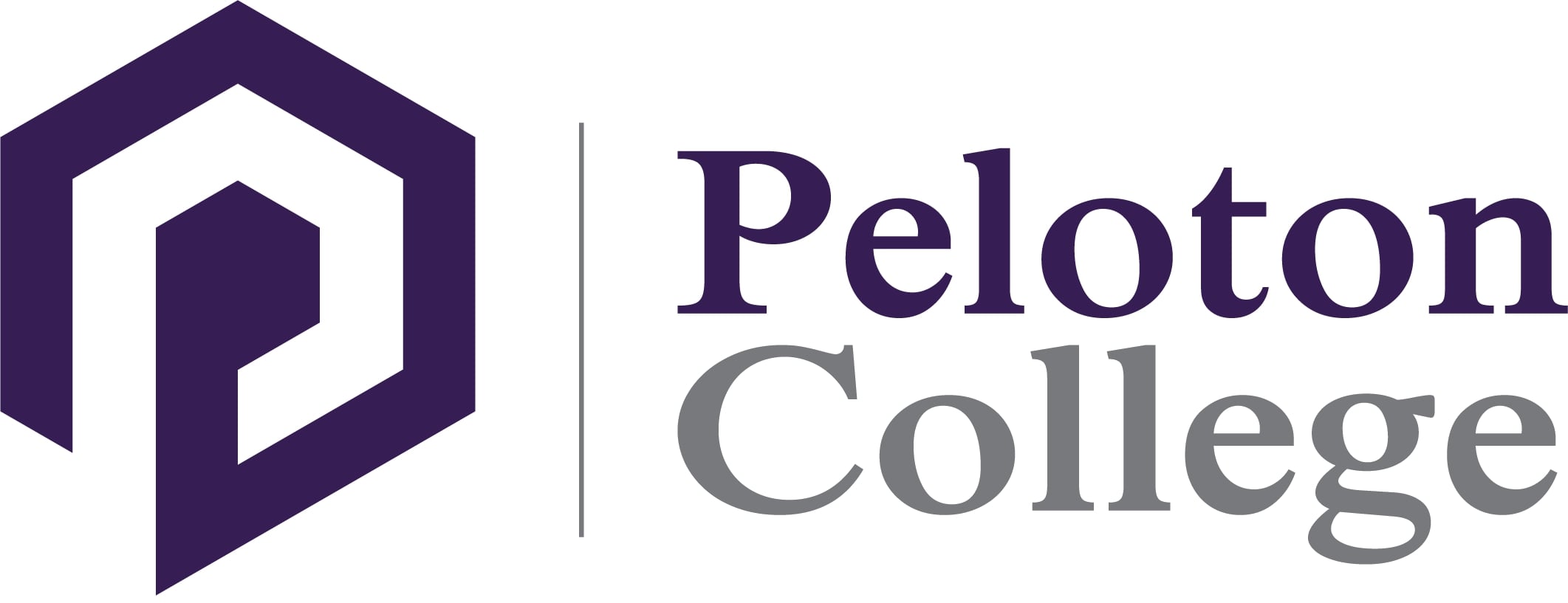How Do I Train to Be a Medical Billing and Coding Specialist?

Are you interested in becoming a medical billing and coding specialist but not sure the best way to train for the role? Employers strive to hire and retain skilled workers with proper training. So, completing a vocational training program is an easier way to begin your career as a medical billing and coding specialist. A vocational school will provide you with the foundational knowledge to perform your job duties while fostering the interpersonal and organizational skills needed to excel in your career.
Individuals interested in the medical field looking for an alternative to clinical work should consider a medical billing and coding specialist career. In this administrative support role, you indirectly help patients by keeping the billing cycle in motion. The healthcare industry is a growing field offering ample opportunity for advancement and a high level of job security.
What Does a Medical Billing and Coding Specialist Do?
Usually referred to as “billers” or “coders,” these specialists are responsible for generating invoices, compiling necessary supporting documentation, and overseeing the entire reimbursement cycle. As a medical billing and coding specialist, you may work as part of a team or department, focusing on one aspect of the billing process. You will usually handle every step of a claim, from bill creation to collection.
Your day-to-day responsibilities and tasks will vary based on the size and scope of your employer. In general, medical billing and coding specialists:
- Review medical records for completeness and accuracy, while obtaining revisions or corrections from clinicians when necessary
- Read and translate narrative medical records into the ICD-10, HCPCS, and CPT-4 coding languages
- Generate bills using proper codes and attach necessary medical documentation to corroborate the invoice
- Submit claims to insurance providers, verify their receipt, and track progress through the billing cycle
- Receive denials and review explanations, take corrective steps to resubmit the invoice by obtaining supplemental documentation from clinicians to create an appeal
- Complete quality control and verification tasks to ensure institutional compliance with documentation and notation standards
Medical billing and coding specialists are essential contributors to every medical practice, hospital, or healthcare facility. Your medical records expertise enables you to uphold patient safety by acting as a quality assurance check on clinical documentation. You will also keep the revenue stream intact, allowing providers to treat patients.
Where Do Medical Billing and Coding Specialists Work?
As a medical billing and coding specialist, you will work in an office, either within a healthcare facility or off-site at an administrative office. You will complete most of your tasks electronically using health record software, insurers’ websites, and institutions’ proprietary or licensed computer programs.
You will collaborate with fellow billers, peers in other administrative departments, and clinical personnel. You must communicate complex issues concerning medical record documentation over the phone, in person, or by email. Coding also requires you to communicate with insurance company representatives to resolve billing discrepancies and review denied claims.
How Do I Train to Be a Medical Billing and Coding Specialist?
Working as a medical billing and coding specialist requires specialized training. Successful billing departments rely on team members to generate bills quickly without sacrificing accuracy. Vocational programs have comprehensive curriculums that provide you with both the theory and practical skills to succeed in this role.
Employers are unlikely to consider candidates without formal training. The requisite knowledge is too advanced, and the position is too critical to allow anyone to learn on the job. Beyond opening doors to the industry, attending school enhances your ability to grow in the field and obtain promotions.
What Will I Learn During a Medical Billing and Coding Program?
The curriculum is structured to prepare you for the workplace. Your education will empower you to collaborate with your peers, work comfortably alongside doctors and nurses, and understand the revenue cycle’s role in the healthcare industry.
EHR Theory and Practice
Federal mandates require that all medical records be maintained electronically. You’ll learn the standard components of what makes a complete electronic health record (EHR), privacy and confidentiality standards, and the Health Insurance Portability and Accountability Act statutes that apply. You’ll also learn how to access, read, and maintain EHRs using the systems utilized by hospitals and healthcare providers.
Principles of Health Insurance
Health insurance policies feature universal and distinct coverage standards, compliance requirements, and documentation prerequisites for billable services. Vocational programs provide a comprehensive overview of the components all insurance plans must provide. You’ll learn about medical necessity requirements, the interaction between insurers and clinicians, and the waste, fraud, and abuse standards that govern the industry.
The medical billing and coding program will also help you develop the ability to read insurance policies and investigate their requirements so you can effectively bill any insurer you encounter during your career.
Understanding Health Insurance Claims
Invoices are only valid when generated in a standard format. You’ll learn about bill generation, submission timelines, and reimbursement procedures. Your instructors will teach you how to read and interpret written denials, investigate possible response strategies, and how to structure and write an appeal.
You’ll also learn the skills for verifying and tracking bill submission to ensure claims continue moving through the billing cycle. Coursework will cover how to accept and process payments as well.
EHR Simulations and Case Studies
Vocational institutions are led by experienced instructors. They design their coursework with real-world scenarios and case studies of how claims progress through the billing cycle.
You’ll complete case studies allowing you to learn by doing, tracking each step of a medical record review and bill submission. These exercises will prepare you for deconstructing denied claims and conducting compliance checks. The ability to interpret claims from initiation to collection will prepare you to conduct quality assurance reviews to detect inefficiencies and overlooked billable services.
Medical Terminology
As a medical billing and coding specialist, you must be able to interpret medical records and interact with clinicians to resolve discrepancies in health records. You’ll learn medical terminology so you can effectively and confidently communicate with doctors and nurses. Chart notes use detailed and precise language to ensure the nuances of a patient’s care are accurate. Your ability to understand and speak the medical language is vital for your success.
Anatomy and Pathophysiology
Interpreting medical records to generate bills requires a thorough understanding of anatomical terms and disease. Records and bills must match, representing the parts of the body undergoing treatment and the administered services.
This detailed documentation keeps patients safe, doctor’s accountable, and reimbursement accurate. You’ll learn about each body system and the names of body parts so you can understand medical records and effectively communicate questions to clinicians or insurance companies.
The ICD-10, CPT, and HCPCS Coding Protocols
Invoices are submitted to insurers using alphanumeric codes from the Current Procedure Terminology (CPT-4), International Statistical Classification of Diseases and Related Health Problems (ICD-10), and Healthcare Common Procedure Coding System (HCPCS) protocols. These codes capture every aspect of a claim to ensure your employer receives proper reimbursement for every eligible service.
You’ll learn how to apply the protocols, the documentation requirements for selecting correct codes, and how to research and correct errors using manuals and online resources.
Final Thoughts
Ready to train as a medical billing and coding specialist? Take the first step toward a rewarding career, helping others in the process. And Peloton College will be with you every step of the way.
Want to Learn More?
The Medical Billing and Coding training program at Peloton College provides students vital knowledge in Medical Terminology and Understanding Health Insurance Claims and prepares students to be able to work with and maintain electronic health record systems in the health care industry. Graduates of this Medical Billing and Coding training program will also be eligible to sit for the Certified Electronic Health Records Specialist (CEHRS) Certification or the Certified Billing and Coding Specialist (CBCS) Certification.
The mission of Peloton College is to be the premier provider of hands-on training and education by providing students and graduates with the necessary skills to secure occupational careers. Contact us today to learn more.



